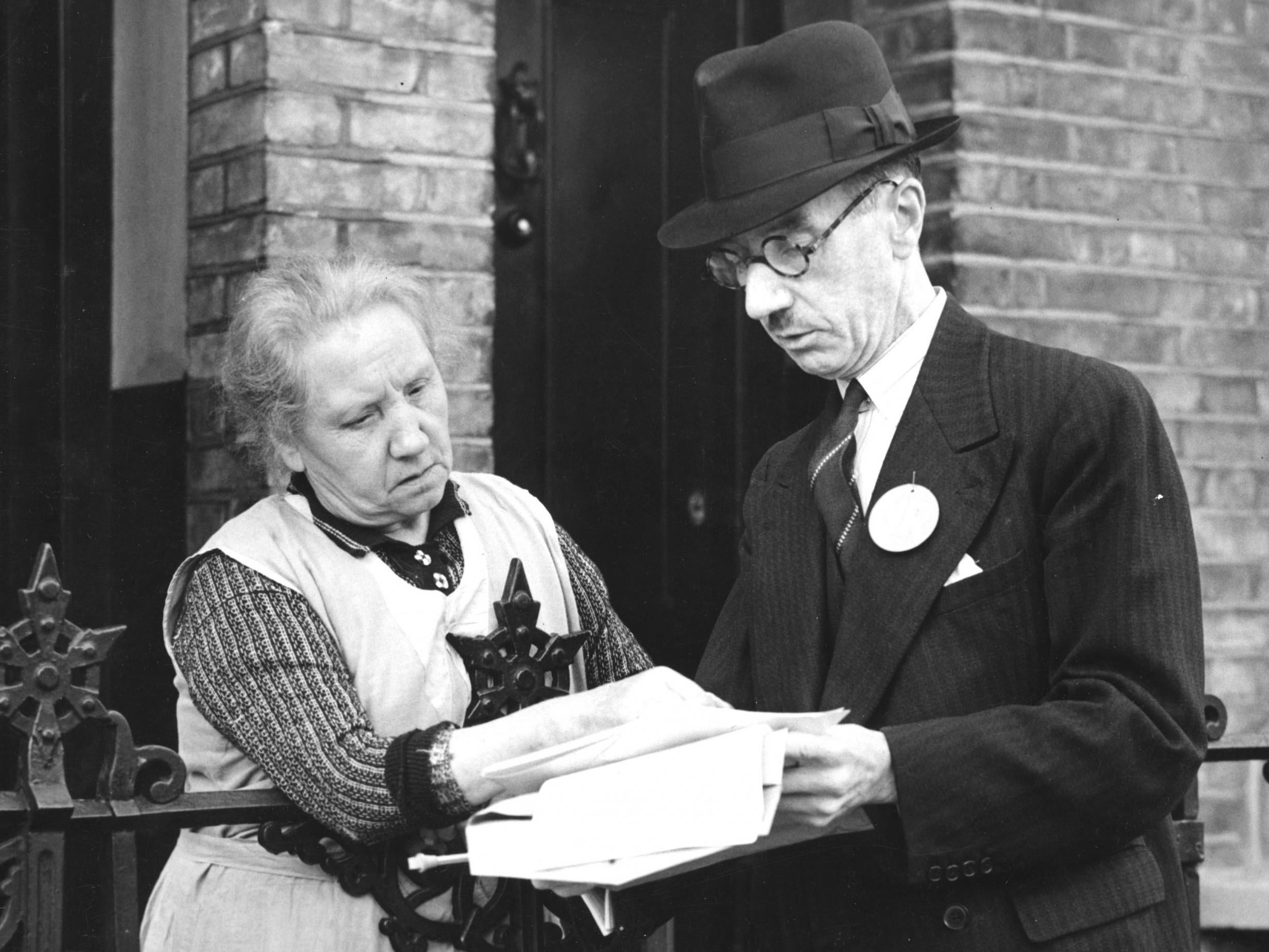What the oldest British opinion polls can tell us
Just as interesting as politics are the glimpses of daily life, writes John Rentoul


One of my prized possessions is a two-volume, cloth-bound edition of The Gallup International Public Opinion Polls, Great Britain, 1937-1975. I can’t remember how I came by it, but it is a treasure trove of information about the earliest days of British opinion polling that isn’t easily available elsewhere. The polls are online in a subscription archive, and secondhand copies of the books now sell for $200 (£150) in the US.
Gallup started polling in Britain in January 1937, and the first question it asked – or, at least, the first in the book – was: “Do you consider that the grounds of divorce should be made easier?” Edward VIII had abdicated the month before so that he could marry Wallis Simpson, who was then in the middle of divorcing her second husband.
At the time in Britain, divorce was expensive; it was available to men on grounds of adultery, but women had to prove not only adultery but “unreasonable behaviour” as well. The public favoured making it easier, with 58 per cent replying “Yes” to this question and 42 per cent “No”.
As war approached, several findings were striking. In February 1939, Gallup asked: “Which statement comes nearest to your view of Mr Chamberlain’s policy of appeasement?” The most popular answer, given by 46 per cent, was: “It will keep us out of war until we have time to rearm.” I found this surprising, because the condemnation of appeasement left such a vivid mark on history, while this pragmatic view is closer to the revisionist line of later historians, who argue that Chamberlain did the right thing by buying time. A further 28 per cent said: “It will ultimately lead to enduring peace in Europe.” While only 24 per cent took an anti-appeasement line: “It brings war nearer by whetting the appetites of the dictators.”
Perhaps just as interesting, though, are the glimpses of daily life. “Should children have homework to do at the end of the school day?” In June 1937, only 21 per cent said “Yes”; 79 said “No” (and quite right too).
“Do you smoke?” In February 1939, 59 per cent said “Yes”, and, of men, 40 per cent smoked a pipe, although many of them also smoked cigarettes.
Historians of polling have cast doubt on the rigour of these early polls, carried out in Britain by an organisation called the British Institute of Public Opinion. Certainly, the 13 per cent who said in December 1937 that they had travelled in an aeroplane seems high. Nevertheless, I think the results are accurate enough to offer an insight into what Britain was like 80 years ago.
Yours,
John Rentoul
Chief political commentator
Join our commenting forum
Join thought-provoking conversations, follow other Independent readers and see their replies
Comments